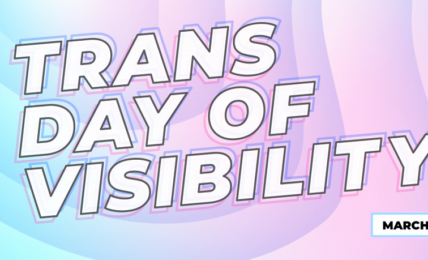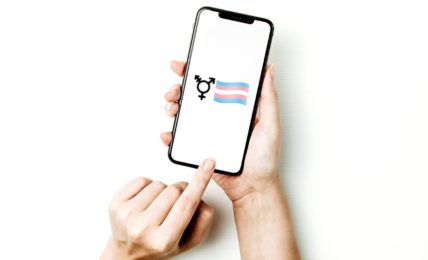New report examines workplace discrimination against LGBTQ+ employees in the UK
"Our research suggests that many LGB+ and Trans workers don’t feel safe to express themselves and be accepted at work."

"Our research suggests that many LGB+ and Trans workers don’t feel safe to express themselves and be accepted at work."

A new report released by the Chartered Institute of Personnel and Development (CIPD) finds LGB+ employees in the UK are 40 per cent more likely to experience conflict or humiliation at work when compared to their heterosexual colleagues.
The report is based on two surveys. The first is comprised of data from 15,620 UK workers, 1,357 of which identified as are LGB+ . The second focused on Trans and non-binary UK workers, and there were 193 participants.
According to CIPD:
“Our research suggests that many LGB+ and Trans workers don’t feel safe to express themselves and be accepted at work,” Melanie Green, research adviser for the CIPD, said in a statement.
“This can have a negative impact on their working relationships, wellbeing and overall job satisfaction.”
While the report categorizes respondents based on sexual orientation, it does not account for the participant’s race, disability status, religion, or any other intersectional characteristics.
If this had been included, it would have likely shown stark disparities across different demographics.
We already know, for example, that Black Trans women are more likely to be victims of assault in the U.S.
We also know that disability is more likely to impact people in Black and/or Indigenous communities and that members of the disabled community face significant hurdles in securing and maintaining employment, even before sexual orientation is factored in.
In the European Union, for example, about 60 per cent of disabled people are employed, compared to 82 per cent of the general population, the World Economic Forum says.
The findings echo the results of a July 2019 survey by the Institute of Physics, the Royal Astronomy Academy, and the Royal Society of Chemistry suggesting that close to a third of physical scientists from the LGBTQ+ community in the UK have considered quitting their jobs due to the work environment.
For their report, researchers interviewed more than 600 STEM professionals in several industries across the UK. Most respondents identified as LGBTQ+, but a minority of cis-gender, heterosexual respondents were included.
About 18 per cent of LGBTQ scientists reported workplace harassment, bullying, or exclusionary behaviour, compared to 10 per cent of non-LGBTQ scientists.
But the paper found the situation is improving for many: approximately 75 per cent of LGBTQ+ respondents reported feeling “comfortable” at work, while 70 per cent felt their situation was improving overall — but close to half of all respondents (49 per cent) agreed there was an overall lack of awareness of LGBT+ issues in the workplace.

Subscribe to our newsletter and we’ll send updates right to your inbox. You may also want to consider supporting We Rep STEM so we can keep making more rad content. That includes recruiting and compensating site contributors, because we believe everyone should be paid for their work.



